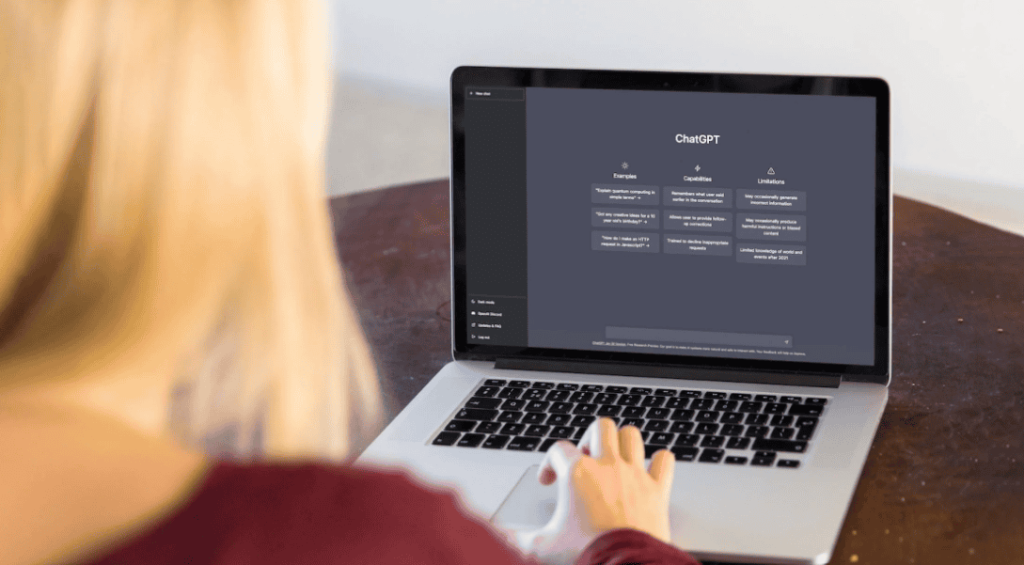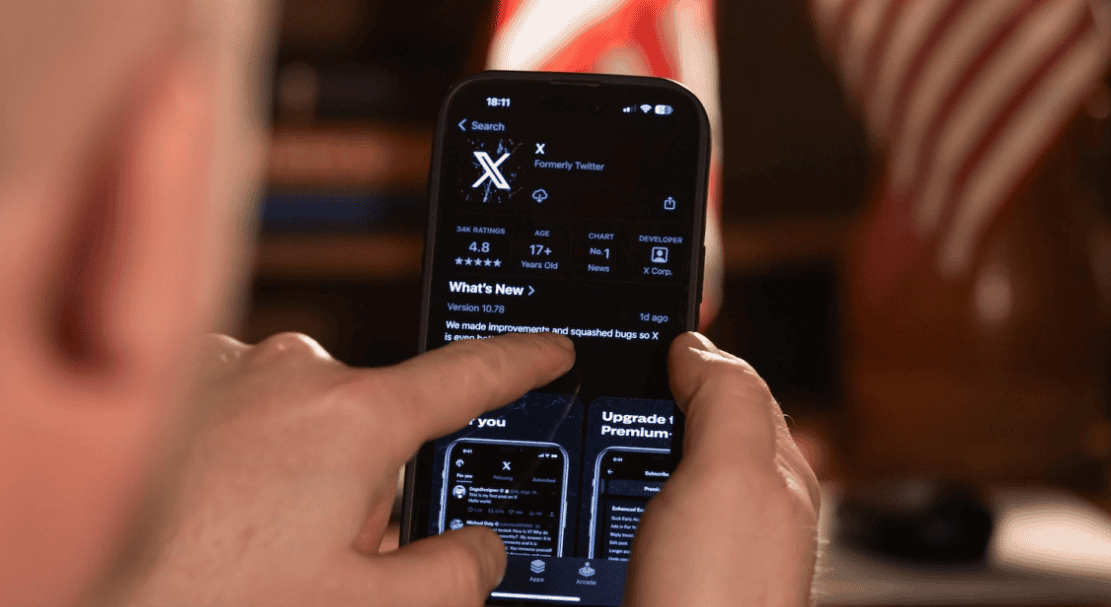Student use of artificial intelligence is reshaping learning and redefining the skills of future workers. This column examines the impact of generative AI tools on academic performance at an Israeli university. Using data from more and less AI-compatible courses, before and after the introduction of ChatGPT, the authors show that AI raises grades – especially for lower-performing students – and compresses the grade distribution, eroding the signal value of grades for employers. Gains in AI-specific human capital are offset by losses in traditional human capital, highlighting AI’s possible trade-offs for productivity.
How should higher education systems respond now that every essay-writing student has a free, always-on co-author? Universities are moving in various directions: some prohibit ChatGPT outright while others try to integrate it into curricula. Evidence suggests that AI is being quickly adopted in the workforce to boost productivity, but that its effects in education are mixed. Large-scale field experiments in firms show sizeable productivity boosts, especially for less-experienced workers (Brynjolfsson et al. 2023, Noy and Zhang 2023). A recent VoxEU column estimates that between 1% and 8% of US work hours are already assisted by generative AI, with plausible annual labour-productivity gains of up to 2% (Bick et al. 2024). A recent experimental study finds that participants randomly assigned to practice writing with an AI tool that exposed learners to high-quality, personalised examples performed better on subsequent writing tasks than those not given access to the tool (Lira et al. 2025). Yet there is a real concern that easy access to generative AI crowds out the deep thinking universities are meant to cultivate (Bastani et al. 2024).
What we do
Our new study (Hausman et al. 2025) tracks 36,000 students across 6,000 courses at a leading Israeli university from 2018 to 2024. We exploit the fact that some courses base most of the final mark on take‑home essays or projects (AI‑compatible), while others rely almost exclusively on in-person, supervised exams or lab work (AI‑incompatible). Because students take both types of courses, we can compare a student’s own performance in more versus less AI-compatible courses, after versus before OpenAI released ChatGPT for widespread use in November 2022.
Student and semester fixed effects absorb individual unobserved ability and time trends, and propensity-score matching analysis ensures a tightly controlled comparison of similar-on-observables courses that nevertheless differed in their compatibility with AI. Data in years leading up to the 2022 AI release confirm that grade trajectories in the two course types were parallel pre‑AI. Our design therefore isolates the causal impact of generative AI availability on student performance. We specifically focus on the impact of this tool on both basic and AI-specific human capital development and on the signal value of grades to future employers.
Key findings
- Grades rise – especially at the bottom. In 2022‑23, average grades in AI‑compatible courses rose by one point on a 0‑100 scale, growing to 1½ points in 2023‑24. The 25th‑percentile student gained two to three points. Failure rates fell by one‑third.
- The distribution is compressed. Both tails shrink: there were fewer fails, but also fewer low‑pass marks, while the share of very high grades ticks up. Compression weakens the signal value of grades.
- AI practice yields AI skill but may crowd out fundamentals. Students first exposed to AI in Year 1 perform better in later AI‑compatible courses than similar students for whom AI was not available in Year 1, suggesting genuine acquisition of AI‑specific human capital. Yet they do no better – and sometimes worse – in advanced exam‑based courses, implying substitution away from traditional learning.
- Within‑student rank predictability falls. Pre‑ChatGPT, a student’s rank in exam courses predicted her rank in take‑home courses; post‑ChatGPT, that slope flattens. Performance with AI reveals less about performance without it.
Why it matters
Taken together, our results in the classroom echo the broader pattern of rapid, uneven benefits documented in the workplace (Bick et al. 2024). Generative AI lifts struggling students and narrows achievement gaps, but some of the apparent progress comes from outsourcing cognitive effort to the machine. Universities, employers, and policymakers therefore face a twin challenge: teaching students to use AI productively while ensuring they still master core concepts and thought processes unaided.
Policy recommendations
- Rethink assessment design. Retain a mix of in-person, supervised exams (to measure individual mastery) and take‑home tasks redesigned to reward crafting effective prompts, critically evaluating AI output, and disclosing tool use.
- Make AI literacy part of the curriculum. Blanket bans are ineffective and risk widening inequities. Instead, teach students to verify accuracy, detect hallucinations, and attribute sources – skills already demanded in the labour market.
- Broaden the signaling bundle. As grades lose resolution, employers may rely more on structured interviews, work‑sample tests, or portfolios that demonstrate both foundational knowledge and AI fluency.
- Monitor equity effects. Because weaker students gain the most, well‑calibrated AI policies could narrow educational inequality. But if reliance on AI erodes fundamentals and is not a complete solution for all tasks, the long‑run productivity gains predicted by macro models may be overstated and effects on inequality are unclear (Acemoglu 2024).
- Increase focus on intrinsic motivation. Students may need to experience under-preparedness due to overreliance on AI. Finding ways to increase their motivation and sense of responsibility for their own learning may be the key to success.
Conclusion
Generative AI is already reshaping what – and how – students learn. Our evidence shows that easy access to ChatGPT boosts course grades but blurs the information grades convey about underlying skills. The most productive graduates of the AI era will combine robust domain knowledge and critical thinking with the ability to deploy the machine judiciously.
Source : VOXeu







































































